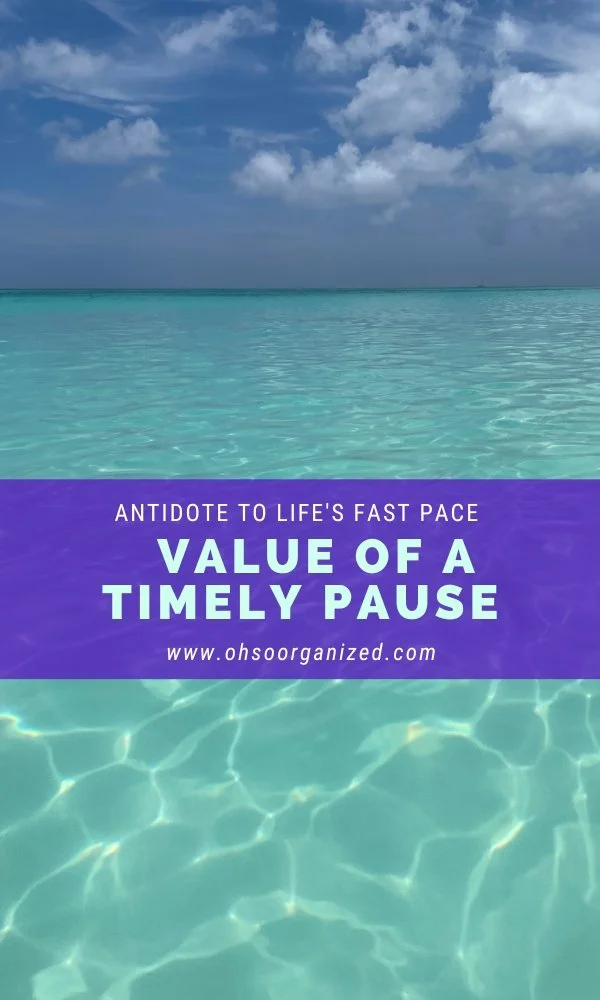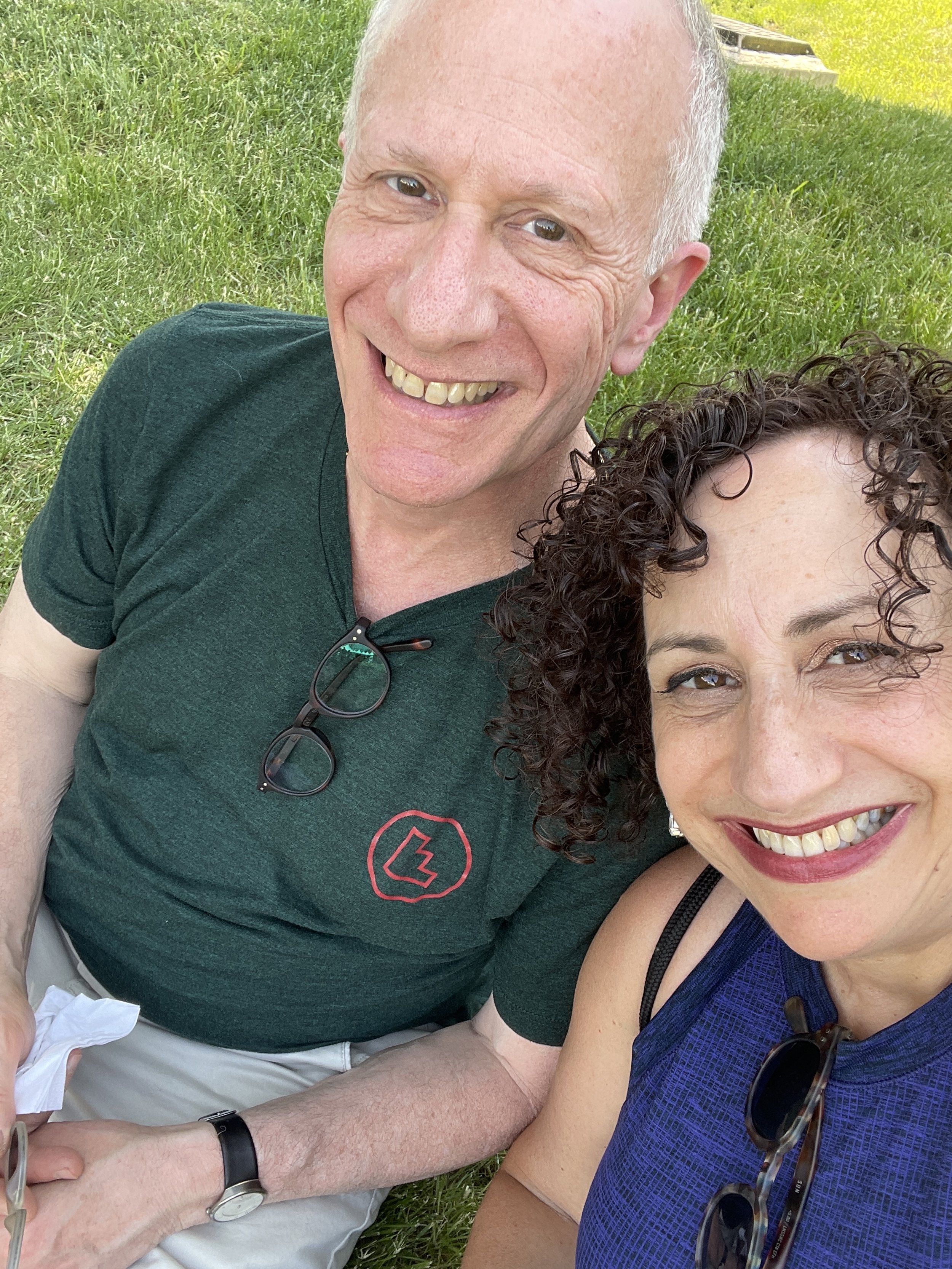Time keeps ticking. The sun rises and sets each day. Is it just me, or do the days feel like they are passing at an accelerated speed? Here we are at the start of summer, yet it seems like 2023 just began. The days are packed with things to do, organize, and follow up on. Special days are punctuated by birthdays, graduations, births, weddings, and anniversaries. Especially during this time of year, there are many endings and new beginnings. These celebrations increase the passage of time awareness.
You experience longer pauses each day when you sleep. But often, during the non-sleeping hours, you are going, going, going. Don’t get me wrong. I’m all for making the most of each day and being productive. However, there is also tremendous value in taking a timely pause or break from your routine. It’s wonderful if you can build in short daily pauses. Mine include mindfulness meditation, nature walks, or slowly sipping iced coffee. What are your short breaks like?
Long, planned pauses are also beneficial. These extended breaks, like a day off, long weekends, or vacations, nurture your well-being. Routines are helpful to establish, but switching your patterns can be restorative and energizing. It’s easy to forget the importance of not-doing and taking a break, especially when working so much. You will burn out if you get consumed in doing and accomplishing without pausing.
My husband Steve and I just celebrated our 40th anniversary. Talk about time passing quickly! I don’t know where the years have gone. To celebrate, we traveled to Turks & Caicos. We loved it, especially the slower “island time” pace, which was palpable and contagious. Within a few days, the warm air, soft white sand, clear turquoise water, and calm pace worked their magic on us. We leaned into the pause 100%. We woke up without alarms, went to bed when we wanted, and spent hours floating in the beautiful sea each day. We had no plans and allowed each day to unfold with a few exceptions.
Life is about contrasts- night and day, warm and cold, activate and pause. I appreciate working hard but I also know how essential it is to take breaks. Even tiny ones are helpful. But after taking a break for over a week, I also recognize the value of long pauses.
Time keeps ticking. Prioritizing time to play, relax, wander, swim, float, and celebrate with my best friend and husband of 40 years is essential. It’s been a while since we took that much time off, and I’m so happy we did. There are more pauses in my future- some short, some extended. They are essential.
“You will burn out if you become consumed in doing and accomplishing without pausing.”
How do you know when it’s time for a pause? What do your breaks look and feel like? I’d love to hear your thoughts and invite you to join the conversation.














